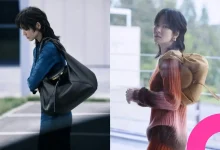Song Hye-kyo in “Asian Titanic” The Crossing: A Dazzling Presence Dimmed by a Flawed Epic
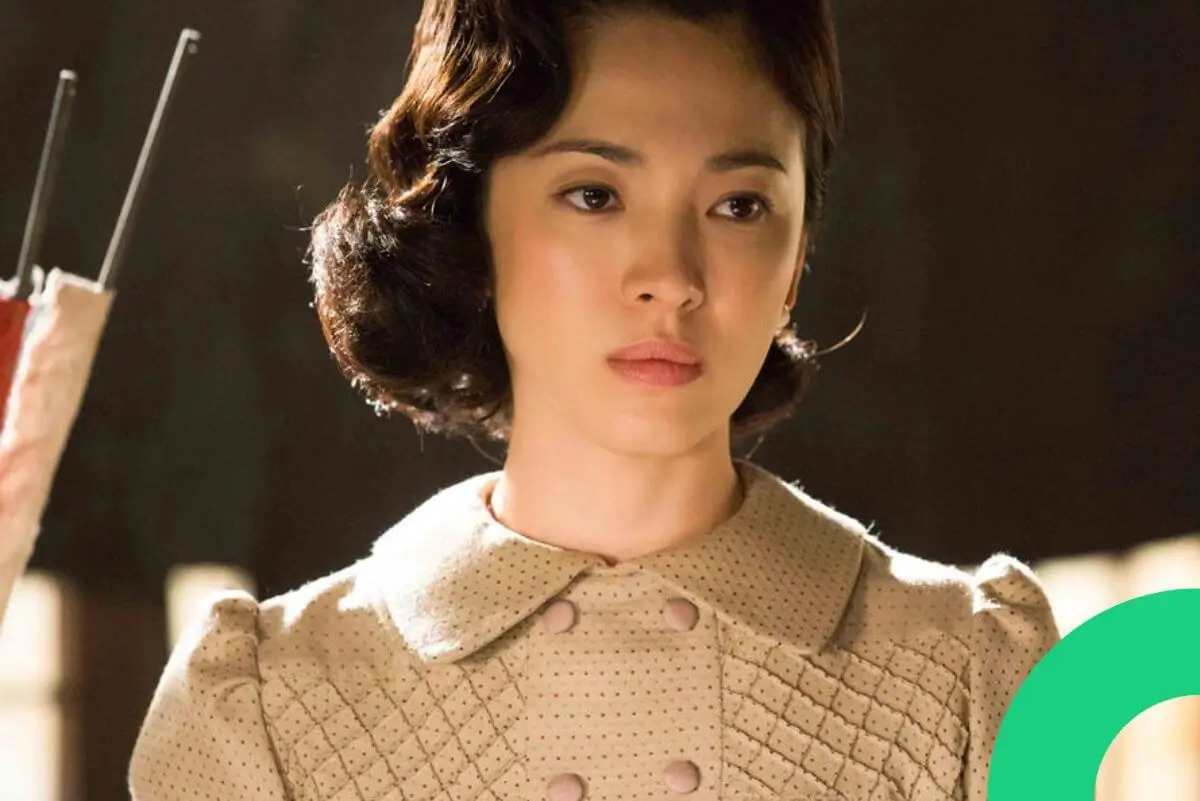
Among Song Hye-kyo‘s ventures into international cinema, The Crossing (2014–2015) stands out as a significant milestone. Directed by legendary filmmaker John Woo, this large-scale Sino-Korean co-production featured a star-studded Asian cast, including Zhang Ziyi, Takeshi Kaneshiro, Huang Xiaoming, and Masami Nagasawa.
Dubbed the “Asian Titanic,” the film depicts the tragic sinking of the Taiping steamer in 1949 while weaving love stories reminiscent of Gone with the Wind, set against a backdrop of war and separation.
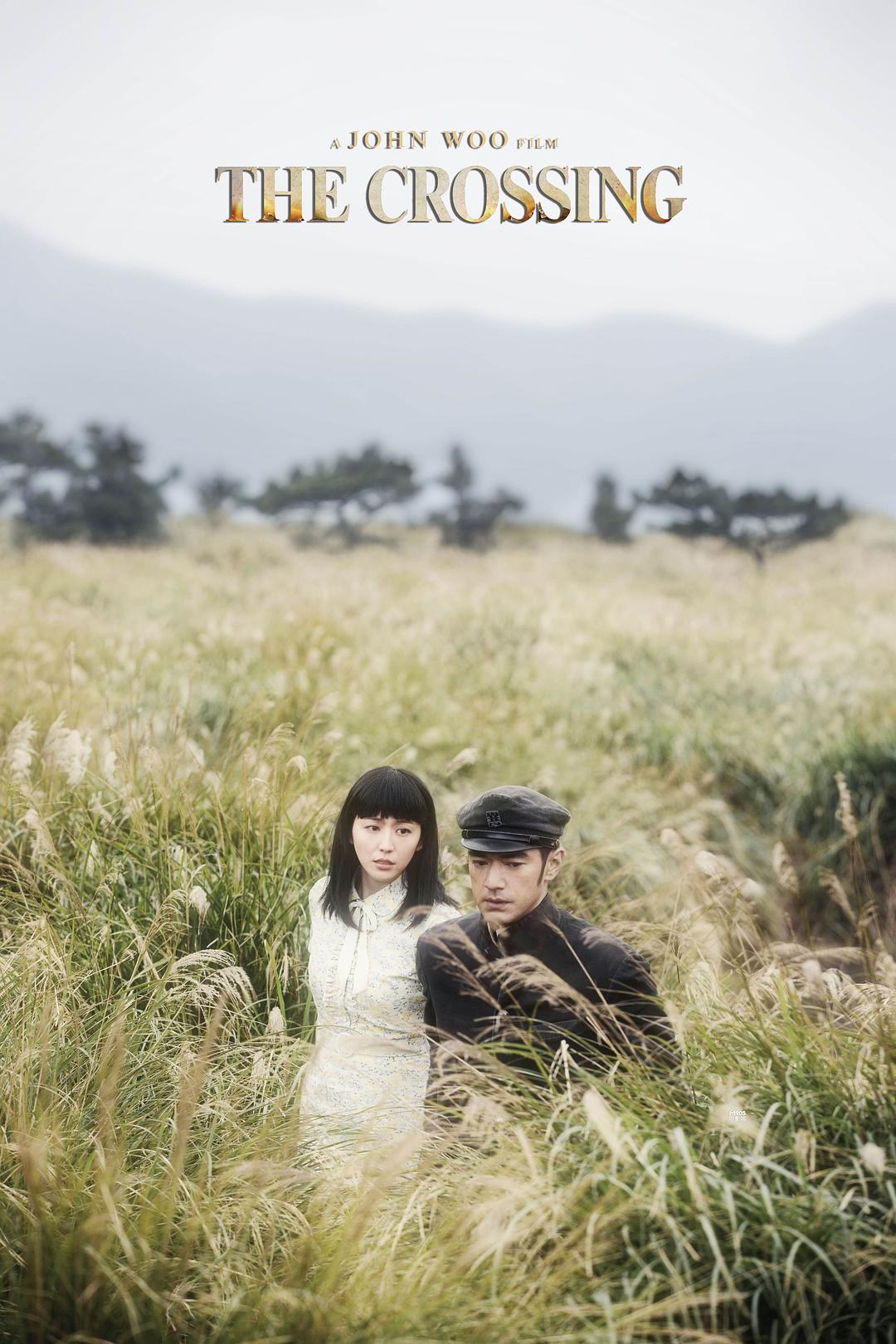
A Star-Studded Ensemble
Split into two parts, The Crossing follows three couples from different social backgrounds and nationalities who board the doomed Taiping in a desperate escape from China’s civil war. Song Hye-kyo plays Zhou Yunfen, the daughter of a wealthy Shanghai family, who falls in love with and marries Lei Yifang (played by Huang Xiaoming), an officer of the Nationalist Army.
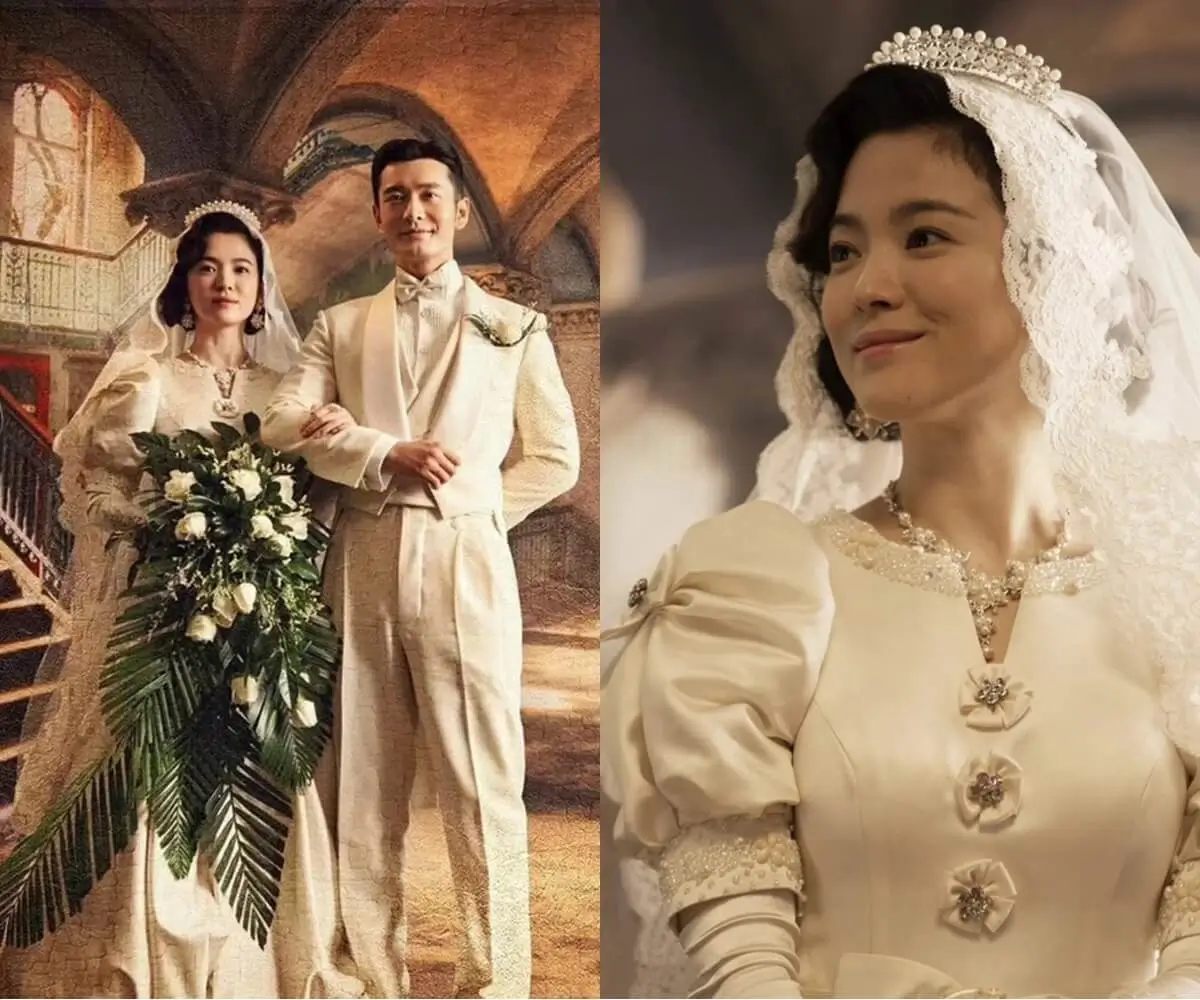
The second couple includes Taiwanese doctor Yan Zekun (Takeshi Kaneshiro), who was forced to serve in the Japanese army, and Masako (Masami Nagasawa), a Japanese pianist. The third couple consists of Yu Zhen (Zhang Ziyi), a poor nurse, and Tong Daqing (Tong Dawei), a telegraph sergeant. These intertwined love stories all set sail toward a hopeful future, but fate turns cruel when the ship sinks, claiming over 1,500 lives.
Mixed Critical Reception
The Crossing, directed by John Woo, gained attention for its $40 million budget and large-scale production. Part 1 premiered on December 2, 2014, and opened strong with 30 million yuan (approx. $4.9 million USD) on its first day, accounting for 58% of total box office sales that day. However, it only grossed a total of $32 million—falling short of its $50 million budget. Part 2, released in 2015, performed worse, earning just $8 million.
Critics praised the film’s production design, war scenes, and the emotional shipwreck sequence in Part 2. Taro Iwashiro’s melancholic score also received acclaim. However, the screenplay by Wang Huiling was criticized for lacking cohesion and depth, with unevenly developed love stories and exaggerated action scenes that felt out of place.
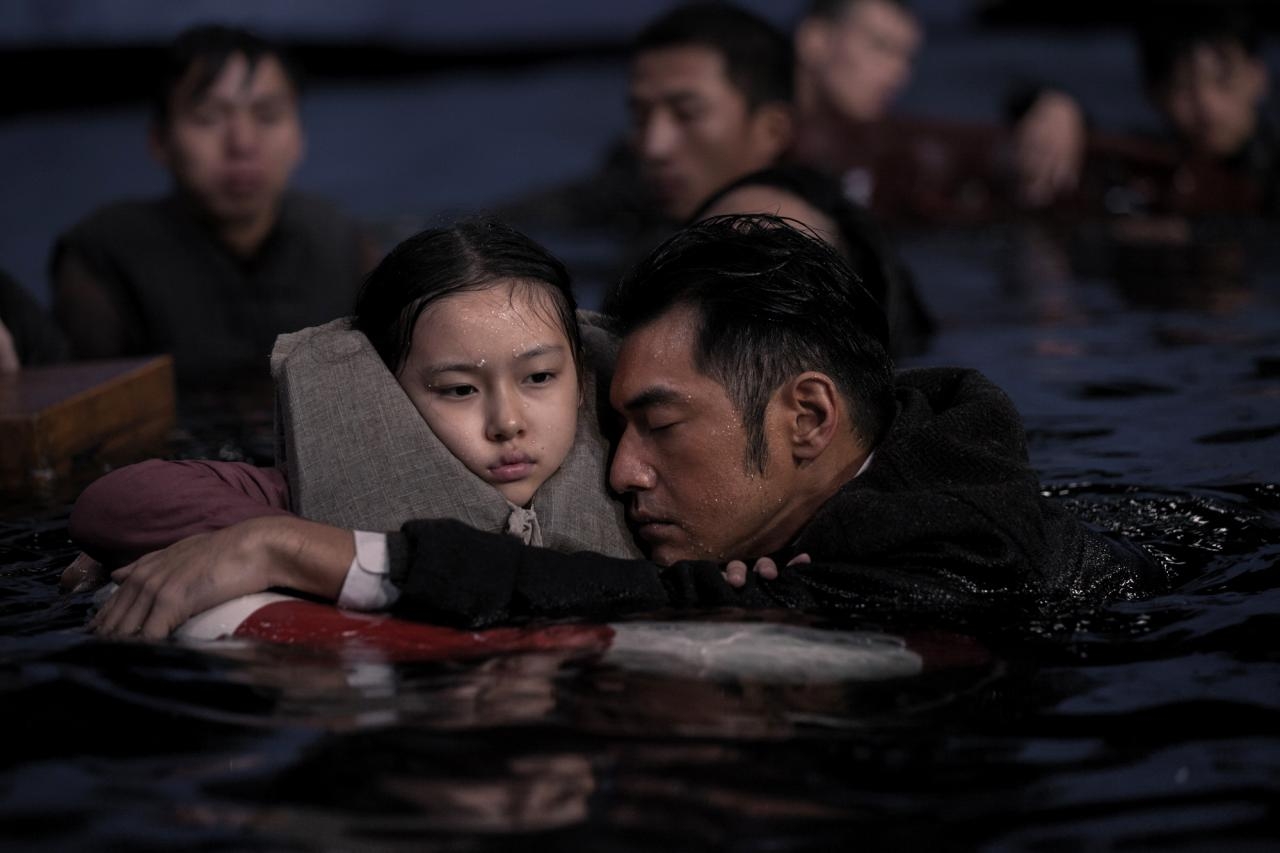
On IMDb, the film holds a 6.1/10 rating from around 1,300 reviews, reflecting a mixed reception. Despite its ambition and visual strengths, The Crossing ultimately fell short both critically and commercially.
Song Hye-kyo: Elegant but “Incomplete”
In her first major role in an international film, Song Hye-kyo delivered an elegant but polarizing performance. Playing her entire role in Mandarin was a significant challenge for the Korean actress, yet her meticulous preparation earned praise—particularly in her live piano scenes and portrayal of a refined 1940s socialite. Director John Woo commended her as “a professional who rarely makes mistakes” and noted her natural delivery, even when correcting her own lines.
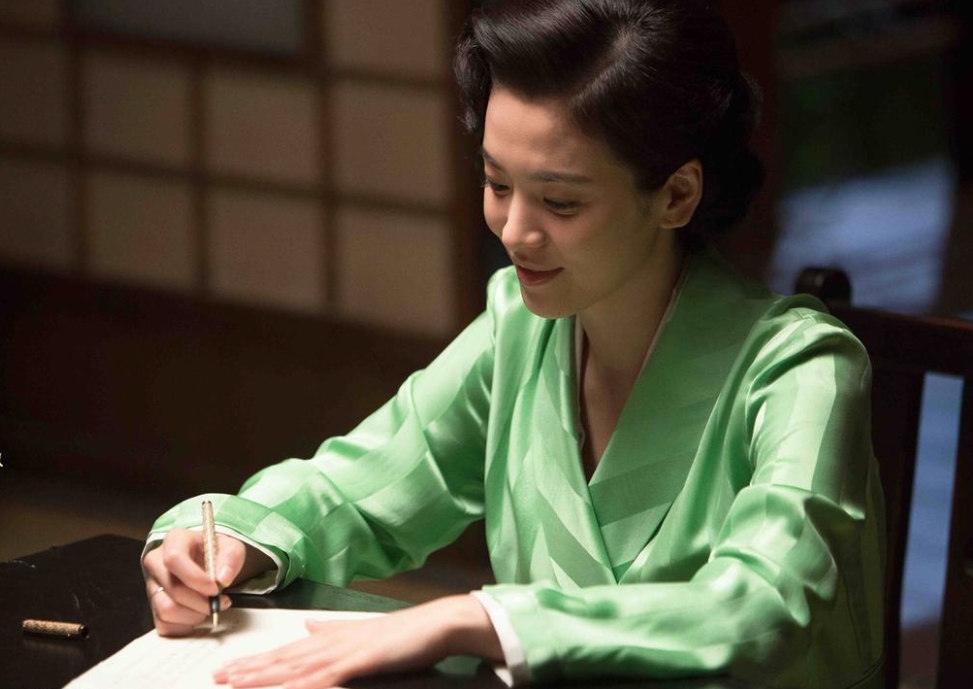
The opening scenes—where Zhou Yunfen waltzes with Lei Yifang under Shanghai’s lights—were described as “glamorous and romantic,” showcasing Song’s charm and emotional depth.
However, her role was limited by the script. In Part 2, her character largely disappears from the main narrative, confined to waiting scenes in Taiwan, away from the ship’s climactic disaster. Critics noted that while Song Hye-kyo performed well within her character’s constraints, the role itself lacked the depth needed to fully express complex emotions. Some viewers also felt her chemistry with Huang Xiaoming seemed “forced” and “overly sweet,” lacking the natural connection displayed by Zhang Ziyi and Tong Dawei.
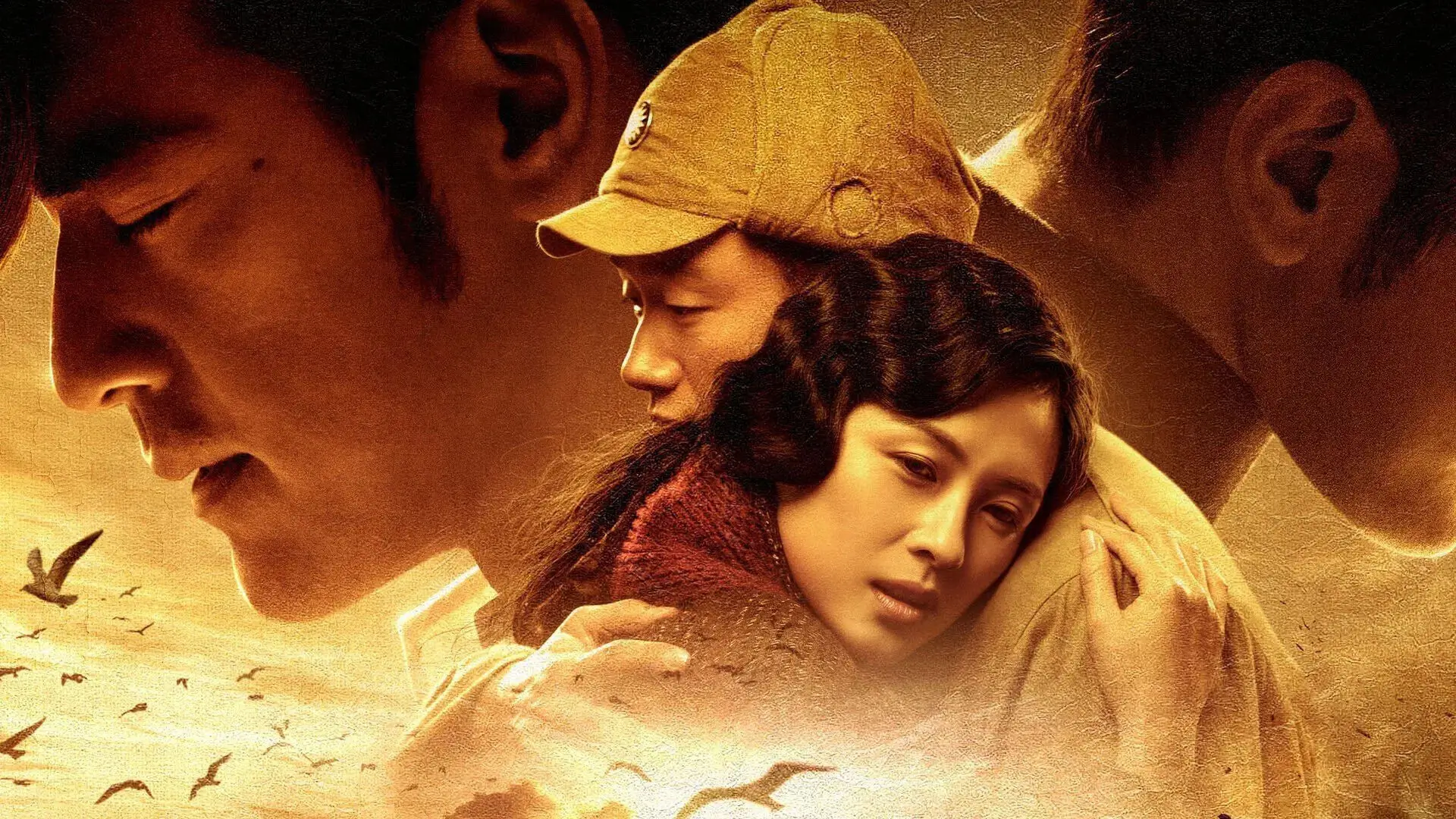
While Song Hye-kyo‘s performance was recognized for its linguistic effort and screen presence, she was often overshadowed by co-stars. Zhang Ziyi, as Yu Zhen, was hailed as “the emotional core of the film,” bringing resilience and depth to her role. Takeshi Kaneshiro was praised for portraying Doctor Zekun with “eyes full of sorrow.” In contrast, Huang Xiaoming‘s performance was criticized as “overacted and lacking nuance,” which diminished the impact of his pairing with Song.
A Step Forward Despite Setbacks
Nonetheless, The Crossing marked a significant step in Song Hye-kyo‘s international career, showcasing her range and commitment to overcoming language barriers. Her role as Zhou Yunfen expanded her reach beyond Korean television into Chinese cinema and reinforced her status as a top Asian star.
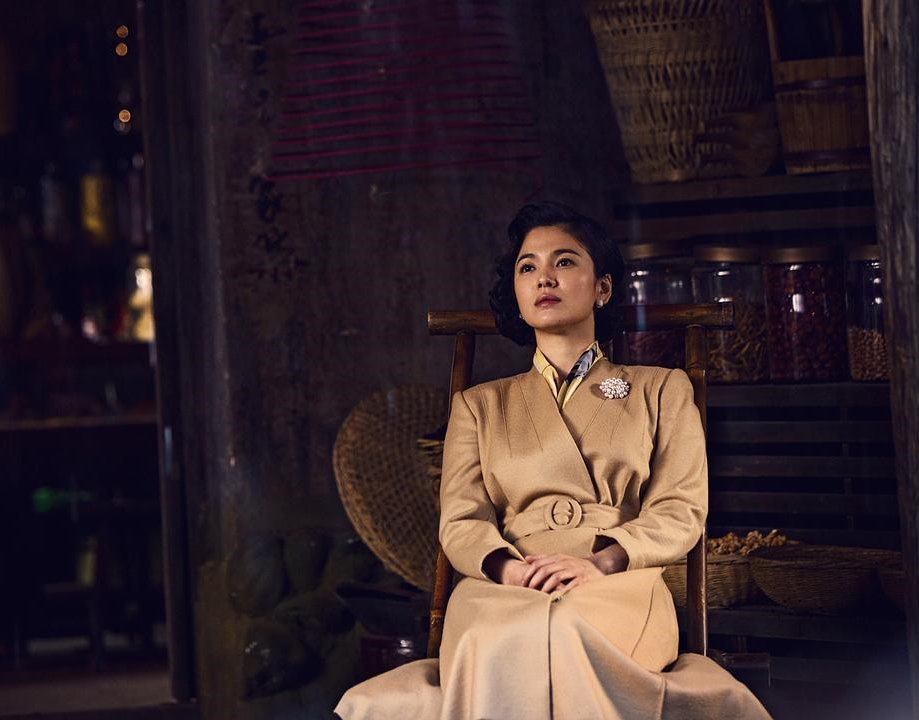
Although the film didn’t achieve the commercial success it aimed for, The Crossing remains a memorable work that blended love, war, and fate—and highlighted Song Hye-kyo‘s continuous efforts to connect with a global audience.
